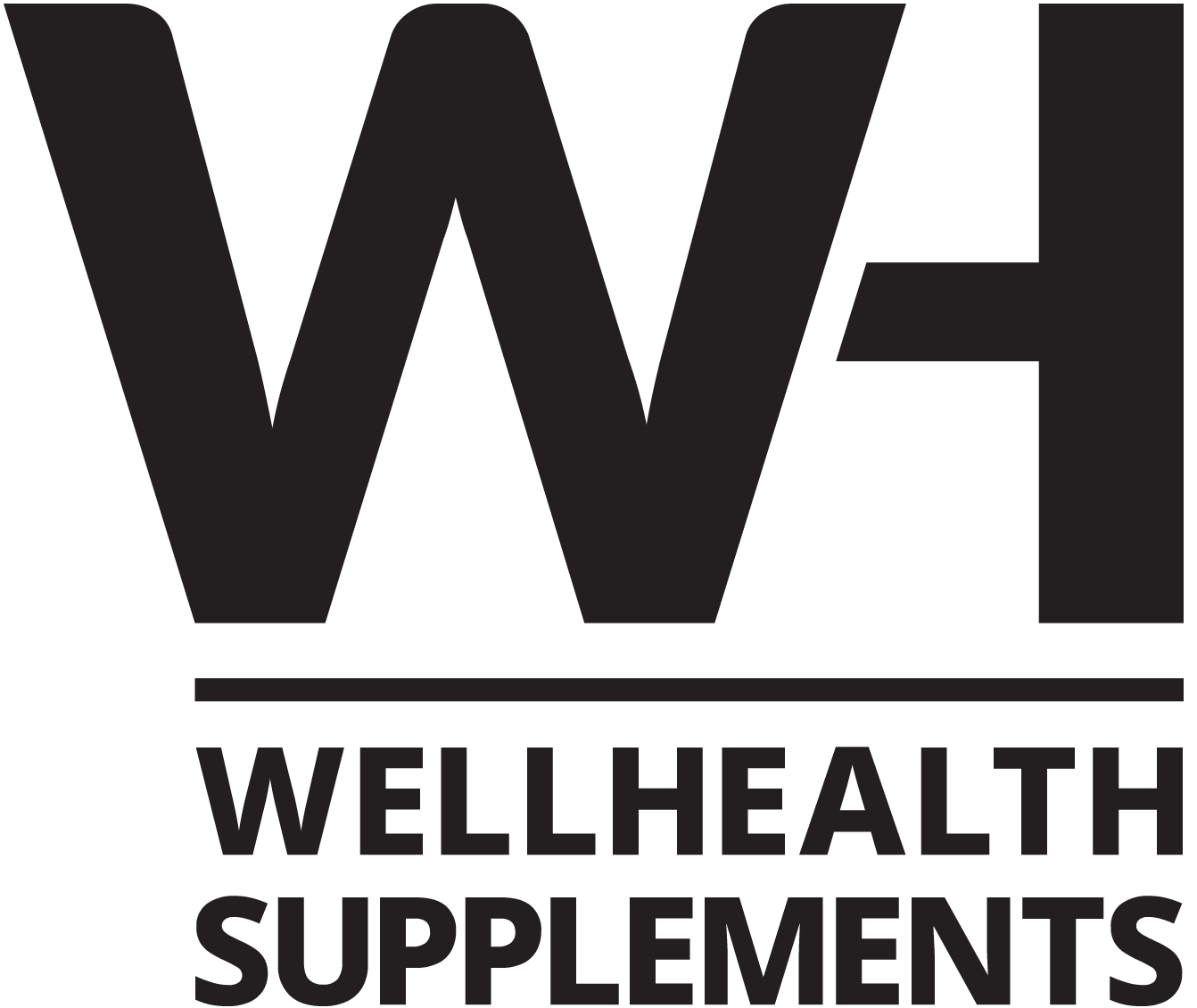Muscle recovery after intense workouts is a key aspect of achieving high athletic performance. Proper nutrition plays a crucial role in this process, providing the body with the necessary substances for muscle repair and growth. In this article, we will explore the main secrets of nutrition that will help you recover faster and prepare for new physical challenges.
The Importance of Recovery
After a workout, muscles need recovery because physical exertion causes microtears in muscle tissue. Recovery involves repairing and growing muscles, making them stronger and more resilient. Neglecting recovery can lead to overtraining, injuries, and decreased athletic performance.
Key Nutritional Components for Recovery
- Proteins Proteins are the building blocks of muscles. They consist of amino acids necessary for muscle repair and growth. After a workout, it is essential to consume quality protein sources such as chicken breast, fish, eggs, dairy products, and legumes. It is recommended to consume about 20-30 grams of protein within 30 minutes post-workout.
- Carbohydrates Carbohydrates replenish glycogen stores in muscles, which are depleted during physical activity. For fast recovery, combine proteins with carbohydrates in your post-workout meal. Examples of beneficial carbohydrates include fruits, vegetables, whole grains, and cereals.
- Fats Healthy fats play a significant role in recovery and overall health. They aid in the absorption of vitamins and provide a prolonged feeling of fullness. Good sources of fats include avocados, nuts, seeds, and fish oil.
- Vitamins and Minerals Vitamins and minerals are necessary for numerous biochemical processes in the body. Vitamin C aids in collagen synthesis and tissue repair, vitamin D is crucial for bone health, and magnesium helps relax muscles and reduce cramps. Rich sources of these nutrients include fruits, vegetables, nuts, and seeds.
- Antioxidants Antioxidants help combat oxidative stress and inflammation caused by intense workouts. Incorporate foods rich in antioxidants into your diet, such as berries, dark chocolate, green tea, and nuts.
Hydration
Adequate hydration is another important aspect of muscle recovery. Water is involved in all bodily processes, including nutrient transport and toxin removal. Ensure you drink enough water before, during, and after workouts. Sports drinks can be beneficial for replenishing electrolytes lost through sweat, especially during prolonged and intense exercise.
Special Supplements for Recovery
- BCAAs (Branched-Chain Amino Acids) BCAAs, including leucine, isoleucine, and valine, can help reduce muscle breakdown and speed up recovery. These amino acids are available in natural foods (e.g., meat, fish, eggs) and as supplements.
- Creatine Creatine helps increase energy reserves in muscles, promoting faster recovery and growth. It is especially beneficial for those engaged in strength sports.
- Omega-3 Fatty Acids Omega-3 fatty acids reduce inflammation and support quick recovery. These beneficial fats are found in fish (salmon, sardines), flaxseed, and nuts.
Sample Nutrition for Fast Recovery
- Breakfast: Three-egg omelet with vegetables, a serving of oatmeal with berries and honey.
- Snack: Greek yogurt with sliced fruits and nuts.
- Lunch: Grilled chicken breast, quinoa, and a vegetable salad with avocado.
- Afternoon Snack: Protein smoothie with banana, spinach, and flaxseed.
- Dinner: Steamed salmon with potatoes and green vegetables.
- Post-Workout Meal: Protein bar and a banana.
Conclusion
Proper nutrition is the key to fast and effective muscle recovery. A combination of proteins, carbohydrates, fats, vitamins, and minerals, along with adequate hydration, will help your body recover faster and achieve new heights in athletic performance. Incorporate a variety of nutritious foods into your diet, and you will notice significant improvements in your well-being and athletic achievements.


